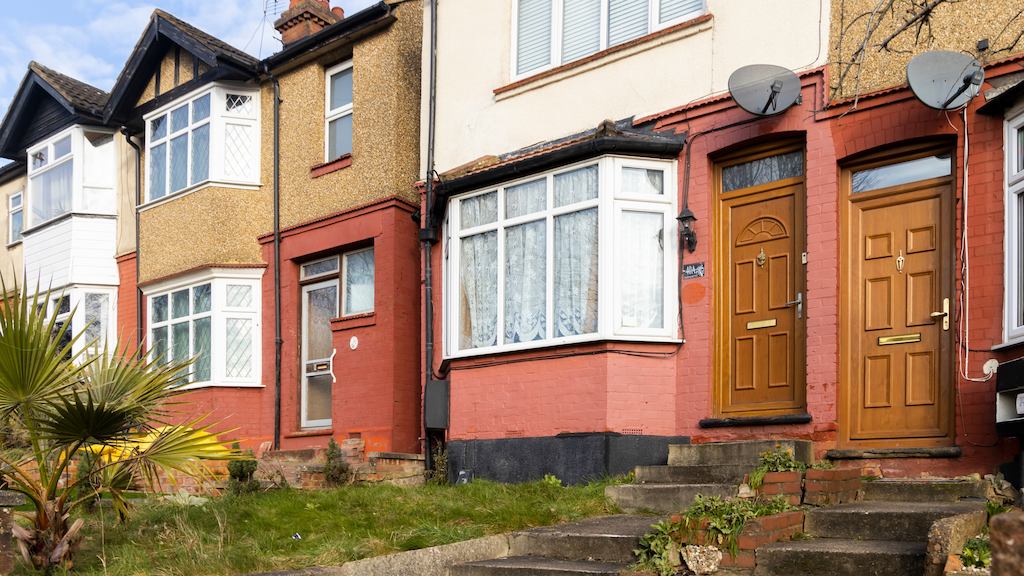This week, we learned more details about the heart-breaking last few weeks of Barbara Bolton – an 87-year-old great-grandmother from Bury who died from hypothermia after raising fears with her doctor that she could not afford to heat her home. Mrs Bolton, who only retired from her job as a pharmacy assistant five years earlier, was reportedly fixated with the worry of putting her heating on because of fears about incurring high energy bills. Medics found Mrs Bolton had a body temperature of just 28C, compared with the normal 37C.
In recording a conclusion of misadventure, the coroner described Mrs Bolton as “a remarkable woman”. And yet what is telling from this case is that, despite almost all of the national newspapers covering the details of her inquest, the circumstances of Mrs Bolton’s death were distinctly unremarkable.
The fact is that roughly 9,000 people who die in cold homes in England and Wales every year, many in similar circumstances to Mrs Bolton.
That’s 24 people on average every day, although in reality you could probably double that daily rate as this is an issue confined to the winter months. Every one of these deaths is a national tragedy and a source of national shame.
Why is this not the source for greater outrage? A loss of life on such a scale in a wealthy nation for the lack of the basic human right of a warm and safe home. Is it because this figure isn’t widely known? Is it a lack of empathy? Is it a lack of imagination that things could be any different?
These are avoidable deaths. The avoidable deaths of 9,000 grandmothers, grandfathers, mothers, fathers, brothers, sisters, neighbours, friends, work colleagues. How can we just sit on our hands as a nation and simply accept that this is the way things are?
